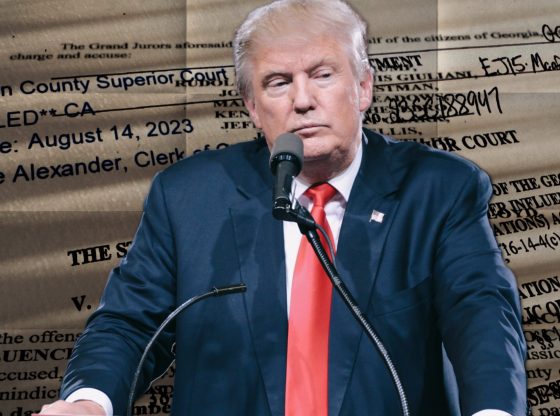Georgia’s Controversial Law and Its Consequences
Indictment and Fallout
- A week after former President Donald Trump’s indictment by a Georgia prosecutor for alleged election interference, the state’s Republicans are planning to use a recent law to remove this prosecutor.
- State Sen. Clint Dixon claims District Attorney Fani Willis is pursuing charges against Trump to gain leftist fame and accused her of using the justice system politically.
New Law in Play
- In May, Gov. Brian Kemp approved a law, authorizing a commission to potentially dismiss elected prosecutors based on their decisions not to prosecute particular crimes. The law’s intent appears to control prosecutors seeking reform.
- The Public Rights Project, a nonprofit, has filed an injunction to halt any action by this commission while the law’s legality is being challenged.
Wider Context and Concerns
- The Georgia law mirrors almost 40 other bills introduced across the U.S since 2017, aiming at prosecutors pushing for criminal justice reform.
- These actions are predominantly initiated by white GOP lawmakers in gerrymandered states targeting Black Democrats.
- Prosecutors are altering their priorities and strategies due to fear of this law. For instance, efforts to manage backlogs and start pre-arrest diversion programs have been halted.
Additional Notes
- The recent trend is seen as a partisan and racial retaliation, specifically against Black prosecutors in areas with substantial Black and brown populations.
- The law is disrupting longstanding bipartisan reform in Georgia, hindering progress made in response to public demand for focusing on significant crimes.















